Constitution
The post-Constitution President
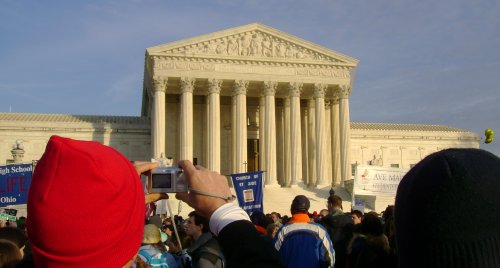
The identity of Barack Hussein Obama has puzzled countess commentators in America and abroad since he surfaced as America’s presidential candidate back in 2004. He has been rightly but inadequately called “the first post-American President,” which correctly describes an individual who tacitly and even scornfully rejects America’s two foundational documents, the Declaration of Independence and the Federal Constitution.
However, this rejection has world-historical significance and therefore needs to be seen in a broader intellectual context to reveal not only the mode of thought that animates Barack Obama, but also the pathological mentality of the nation that made him its president.
The “Laws of Nature and of Nature’s God”
America’s two foundation documents are brilliant and salutary manifestations of modernity which cannot be properly understood, however, apart from a theological background implicit in the Declarations’ concept of the “Laws of Nature and of Nature’s God.”
This pivotal concept of the Declaration has positive as well as negative aspects, since it empowers government on the one hand, and limits the powers of government on the other. It is from that pivotal concept that we derive our inalienable rights to “life, liberty, and the pursuit of happiness”; and it is the government’s primary duty to formulate positive or statute laws to protect these God-given natural rights.
Thus, while these God-given or natural rights empower the government, they also impose limitations on what the government may and may not do.
Competing schools of thought
Unknown to most people today, the “Laws of Nature and of Nature’s God” was understood by learned men in eighteenth-century America and Europe as an abbreviation of the Seven Noahide Laws of universal morality embodied in the Book of Genesis and elaborated in the Babylonian Talmud. Indeed, this is one reason why the presidents of colonial colleges, Samuel Langdon of Harvard, and Ezra Styles of Yale – both Hebraists – conversed with visiting rabbis on the New England law codes which then incorporated the Noahide laws of morality.
All this is to be understood as Hebraic ingredients infusing and elevating the modernity of America’s colonial colleges. This Hebraism has been ignored or unexplored by present-day political scientists of both modern and classical Greek persuasion.
However, in opposition to Hebraism, for which we must credit the Puritan and Calvinist influence represented, respectively, at Harvard and Yale, we must mention the skepticism and materialism propounded by the philosophers of the Enlightenment, such Hobbes, Locke, and Hume. Harvard and Yale rejected the skepticism and materialism of those philosophers.
The curriculum of America’s colonial colleges was modulated not only by Hebraism, but also by the classics of Greek and Roman antiquity. America’s Founding Fathers were inspired by the incomparable Demosthenes and Cicero, as well as by Plutarch and Livy. It was from these Greek and Roman writers that the Founders learned oratory, statecraft, and monumental history (as may be seen inThe Federalist Papers, arguably the greatest work on the legislative and executive branches of government).
Post-modernism destroys the Constitution
Those Greco-Roman writings, fused with the teachings of the Bible, fructified the America’s colonial colleges and statesmen. Evident here was a synthesis of classical and modern political philosophy whose significance has been overlooked even by classical scholars attuned to the works of Plato and Aristotle. The loss resulting from this oversight is incalculable, since it facilitated post-modernism.
Post-modernism is a rejection of the universalism of early modern political philosophy – say of Montesquieu – as well as of the universalism of both classical political philosophy and the Bible of Israel. Rejected, therefore, is the Great Tradition of Western Civilization. This means that post-modernism is unadulterated Nihilism, a philosophy of the Void.
It is with this background of ideas, which I elaborate in Rescuing America from Nihilism, that we are to understand in depth that “empty suit,” Barack Obama, as well as the pathology of the nation that made him its president.◙
-
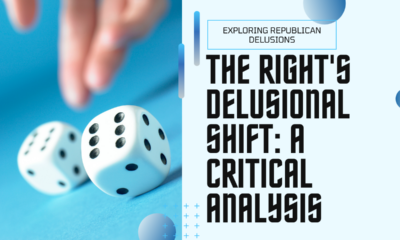
 News23 hours ago
News23 hours agoRolling the Dice on Republicans: Has the Right Become Delusional?
-
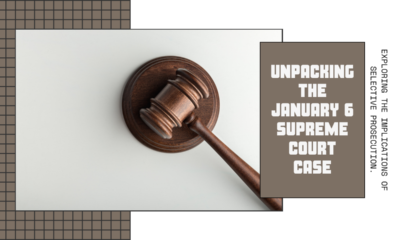
 Executive18 hours ago
Executive18 hours agoJanuary 6 case comes down to selective prosecution
-
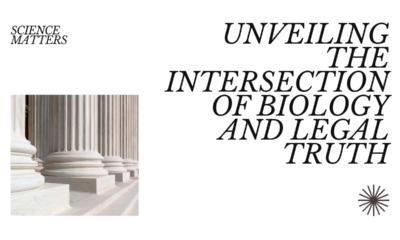
 Civilization23 hours ago
Civilization23 hours agoBiology, the Supreme Court, and truth
-

 Executive2 hours ago
Executive2 hours agoWhy Fatal Police Shootings Aren’t Declining: Some Uncomfortable Facts
-

 Entertainment Today3 hours ago
Entertainment Today3 hours agoWaste of the Day: Throwback Thursday: Millions Went To Video Game ‘Research’
-

 Constitution1 hour ago
Constitution1 hour agoEquality Under the Law and Conflicts of Interest in New York
-

 Guest Columns1 hour ago
Guest Columns1 hour agoWhat Was Won in No Labels’ Crusade
-
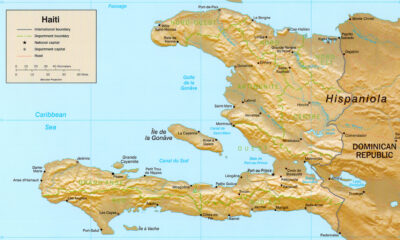
 Civilization43 mins ago
Civilization43 mins agoPresident Biden Must Not Encourage Illegal Mass Migration From Haiti

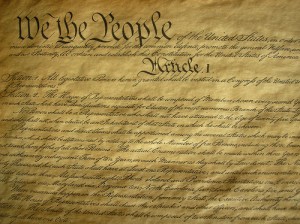



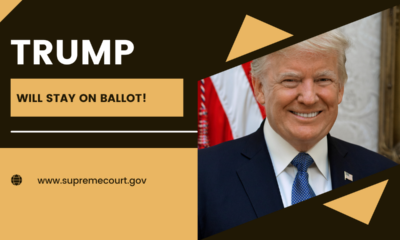

… or, the electronic, aka hackable election machines did their job.
That kind of fraud can tip a close election. Which is why it “helps” to keep people closely divided, between those who feel they have to steal to live, and those who have something worth stealing.